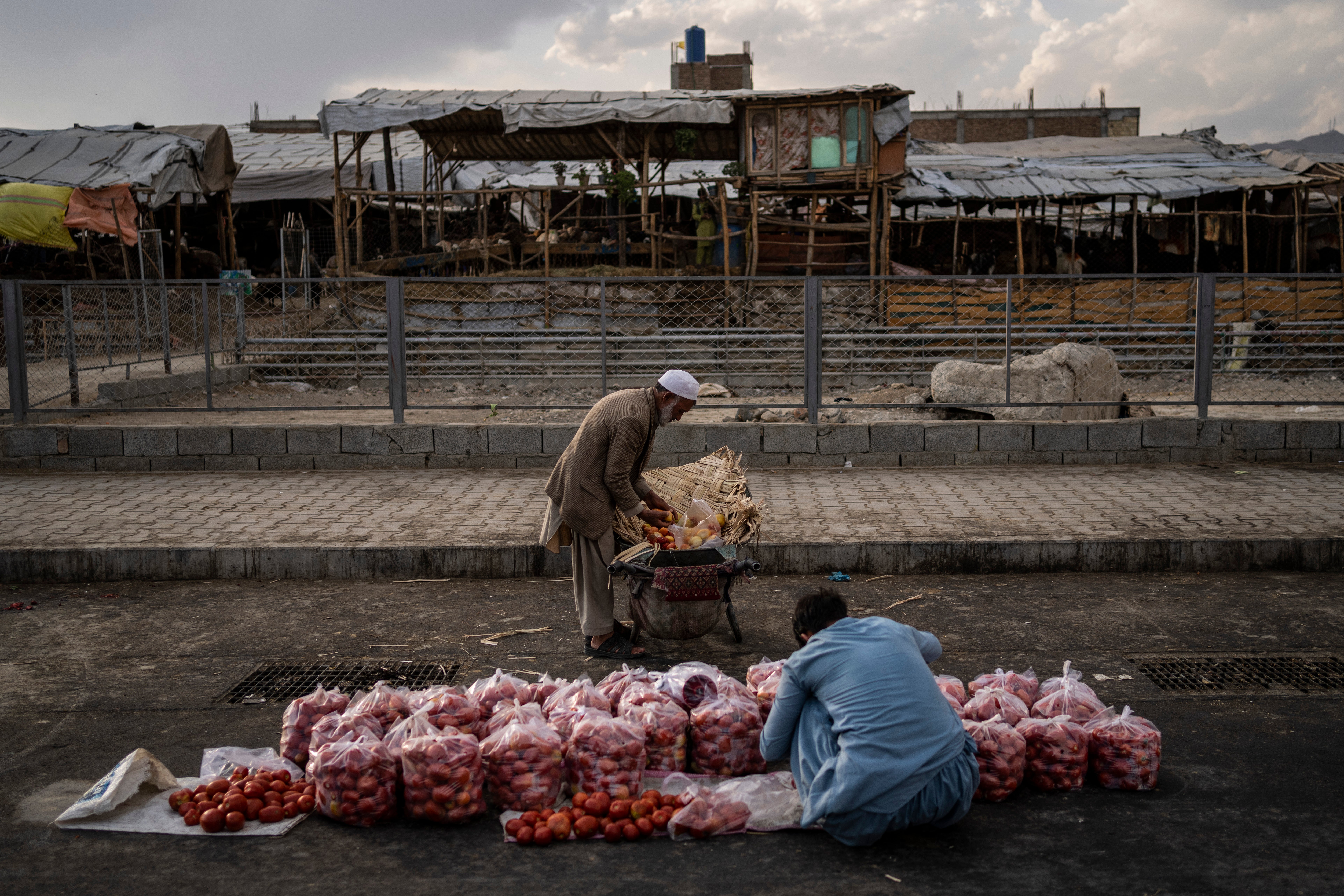Attackers strike Taliban in eastern Afghanistan, 5 killed
Witnesses say attackers have struck Taliban vehicles in an eastern Afghanistan, killing at least two fighters and three civilians in the latest violence since the Taliban takeover of the country in mid-August

Your support helps us to tell the story
From reproductive rights to climate change to Big Tech, The Independent is on the ground when the story is developing. Whether it's investigating the financials of Elon Musk's pro-Trump PAC or producing our latest documentary, 'The A Word', which shines a light on the American women fighting for reproductive rights, we know how important it is to parse out the facts from the messaging.
At such a critical moment in US history, we need reporters on the ground. Your donation allows us to keep sending journalists to speak to both sides of the story.
The Independent is trusted by Americans across the entire political spectrum. And unlike many other quality news outlets, we choose not to lock Americans out of our reporting and analysis with paywalls. We believe quality journalism should be available to everyone, paid for by those who can afford it.
Your support makes all the difference.Attackers struck Taliban vehicles in an eastern Afghanistan on Wednesday, witnesses said, killing at least two fighters and three civilians in the latest violence since the group's takeover of the country in mid-August.
In one attack, gunmen opened fire on a Taliban vehicle at a local gas station in the provincial capital of Jalalabad killing two fighters and a gas station attendant, witnesses said. A child was also killed, they added.
Another child was killed and two Taliban were wounded in a separate attack — a bombing of another vehicle. Another bombing of a Taliban vehicle in Jalalabad also wounded a person nearby; it was unclear if that person was a Taliban member or a civilian. The witnesses spoke on condition of anonymity, fearing Taliban retribution.
No one claimed immediate responsibility for Wednesday’s attacks, although the Islamic State group, which is headquartered in eastern Afghanistan, has said it was behind similar attacks in Jalalabad last week that killed eight.
The Taliban and IS are enemies, and the attacks have raised the specter of wider conflict between the country’s new Taliban rulers and their long-time rivals.
The Taliban are under pressure to contain IS militants, in part to make good on a promise to the international community that they will prevent the staging of terror attacks from Afghan soil. There is also a widely held expectation among conflict-weary Afghans that — despite fears and misgivings about the Taliban — the new rulers will at least restore a measure of public safety.
However, the Taliban have already put restrictions on women and have come out with an all-male government, despite earlier promises of inclusivity and upholding women's rights. Those moves hark back to the Taliban's previous rule of Afghanistan in the late 1990s, when they imposed their harsh interpretation of Islamic law, or Sharia.
Separately, the World Health Organization warned Wednesday that Afghanistan's health system is on the brink of collapse and that urgent action is needed. The statement followed a recent visit to Kabul by a WHO team led by the agency's director-general, Tedros Adhanom Ghebreyesus, who met with Taliban leaders and others.
“The country faces an imminent humanitarian catastrophe," the statement said, adding that thousands of health facilities are without funding for medical supplies and salaries for health staff.
“Many of these facilities have now reduced operations or shut down, forcing health providers to make hard decisions on who to save and who to let die," WHO said. The agency also emphasized “the need for women to maintain access to education, health care, and to the health workforce."
Also Wednesday, U.N. aid coordinator Martin Griffiths released $45 million in life-saving support from the U.N.’s emergency fund.
“Allowing Afghanistan’s health-care delivery system to fall apart would be disastrous," Griffiths' statement read. “People across the country would be denied access to primary health care such as emergency caesarian sections and trauma care."